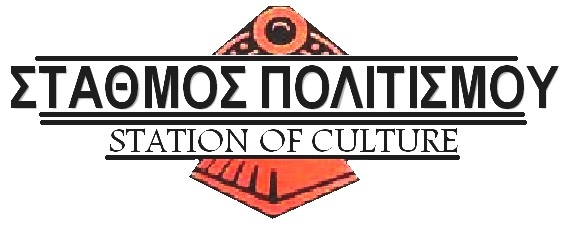The Hellenic Society for the Protection of Nature (HSPN), National Co-ordinator for Greece of the international “Blue Flag” Programme, and Alpha Bank S.A., Programme Sponsor for Greece for the past seven (7) years, announced this year’s Blue Flags awarded to Greek beaches and marinas. With a total of 428 beaches winning a Blue Flag this year, compared to 411 in 2006, Greece once more ranks second among 49 countries. The International Blue Flag Jury awarded a total of 2,579 beaches and 629 marinas. Nine of the latter are Greek, a substantial improvement from last year.
The “Blue Flag” Programme
The “Blue Flag” is an international quality symbol, probably the best-known eco-label in the world, and is awarded, since 1987, to beaches and marinas that meet its strict qualification requirements. It is not enough for beaches to have clear waters. A total of 29 criteria must be satisfied, covering areas such as cleanliness, organisation and services, provision of information, the safety of swimmers and visitors, and the protection of the environment of the beach and the coastal area. Major foreign travel operators give special emphasis on the existence of a “Blue Flag” when selecting the destinations they will propose to their clients and insist not only on good service levels but also on the protection of the environment. This is known and taken in consideration by all beach and marina managers — municipalities, hotels and campings.
On an international level, the Programme Co-ordinator is the Foundation for Environmental Education (FEE), located in Denmark, with 49 member-countries all over the world.
Greece is endowed with countless beaches of striking beauty, surrounded by deep blue seas. All of us would like both residents and visitors to thoroughly enjoy this beauty. Alpha Bank, actively showing its sensitivity in this matter, supports for the seventh consecutive year, as an exclusive sponsor the “Blue Flag” programme, demonstrating in practise its increased awareness in this area and seeking to contribute to the preservation and exploitation of beaches and of the sea, making them safe havens to be enjoyed by all.
The Central Union of Municipalities & Communities of Greece (KEDKE) actively participates in the programme, supporting the institution and prompting its members to participate and duly implement its criteria. It is also represented in the National Jury for Greece. The “Blue Flag” Programme is supported by the Hellenic Ministry of the Environment, Physical Planning and Public Works, which also participates in the National Jury, and to which it presents the official data about the bathing waters’ quality of the beaches. These data relate to the past year’s swimming period. It should be noted that the Ministry has the exclusive responsibility for checking the swimming waters’ quality through the “Swimming Waters’ Quality Supervision” programme, consecutive to the European Union’s Directive 76/160/EEC. Subsequently, it proceeds with analysing the swimming waters of all beaches in Greece through the agency of contracted specialized microbiologic laboratories. Throughout every swimming period (June-October), water analyses are performed by fortnightly frequency and the results are presented at http://iason.minenv.gr/.
Finally, support to the Programme also supported by the Ministries of Tourist Development, Mercantile Marine, Public Administration & Decentralisation and Health & Social Solidarity, as well as from the Greek National Tourist Organisation (GNTO) and the NGO ARCHELON, the Sea Turtle Protection Society of Greece, through the appointment of representatives in the National Jury.
How are Blue Flags awarded?
For a beach or marina to win the Blue Flag, it must comply with all the strict criteria set by the Programme. There are 29 criteria for beaches and 22 for marinas. Throughout the summer period, HSPN and FEE inspectors check the compliance with the Programme’s criteria and identify problems and/or omissions which may lead to the Blue Flag being temporarily lowered or even removed altogether, in which case the specific beach or marina is automatically removed from the international and Greek Programme’s Web pages. The inspectors’ evaluations are taken seriously in consideration by the National Jury when, at the end of each summer period, it checks and evaluates the beaches and marinas applying for a Blue Flag. The National Jury then forwards to the International Jury the applications that did comply with every single one of the “Blue Flag” Programme criteria.
The Hellenic National Jury is composed of representatives of all Ministries and agencies involved in the Programme as mentioned above, as well as the Hellenic Society for the Protection of Nature.
The final decision is taken by the International “Blue Flag” Jury, composed of representatives from the United Nations Environment Programme (UNEP), the Universal World Tourism Organisation (WTO), the International Lifesaving Federation (ILSE), the Committee for the Environment of the European Parliament, the European Union for Coastal Conservation (EUCC) and the FEE Board of Directors.
A beach or marina that won the “Blue Flag” in the previous summer for its compliance with the Programme’s criteria, may keep it during the next year provided it proves that it really keeps deserving it.
The international criteria for the Programme sum up in the following three categories:
Programme Criteria for beaches:
Cleanliness of sea and coast
- Clear bathing waters, confirmed by laboratory analyses performed every two weeks during the swimming season, by accredited laboratories contracted by the Ministry of the Environment, Physical Planning and Public Works. The analyses’ results are posted on http://iason.minenv.gr/.
- No discharge of industrial effluents and urban sewage without proper treatment.
- Adequate waste bins, emptied regularly.
- Constant, periodic cleaning of the beach from litter, cigarette butts, etc
Beach organisation and safety of visitors
- Constant information of the public on bathing water quality, by the posting of the Ministry’s fortnightly water analysis’ sheet for each beach on its Information board.
- Plans for addressing a potential pollution accident, with immediate notification of the public.
- Ban on driving vehicles and mopeds on the beach.
- Ban on free camping.
- Adequate sanitary facilities with controlled sewerage systems.
- Trained lifesavers on duty, in accordance with the provisions set by the Hellenic Ministry of Mercantile Marine or direct access to emergency phone, lifesaving gear and first aid supplies.
- Adequate provisions for people with disabilities. Protection of nature and environmental awareness.
- Printed instructions on the rules of conduct on the beach and general information on the coastal areas containing sensitive, flora and fauna natural environment.
- Information on the organisation of events by the beach’s management, that actively promotes the natural environment of the coast and the necessity for its protection.
About the “Blue Flag” Programme
The Blue Flag (http://www.blueflag.org/) is an exclusive eco-label awarded to over 3,200 beaches and marinas in 36 countries across Europe, South Africa, Morocco, New Zealand, Canada and the Caribbean in 2006.
The Blue Flag Programme is owned and run by the independent non-profit organisation Foundation for Environmental Education (FEE).
The Blue Flag works towards sustainable development at beaches/marinas through strict criteria dealing with water quality, environmental education and information, environmental management, and safety and other services.
The Blue Flag Programme includes environmental education and information for the public, decision-makers and tourism operators.



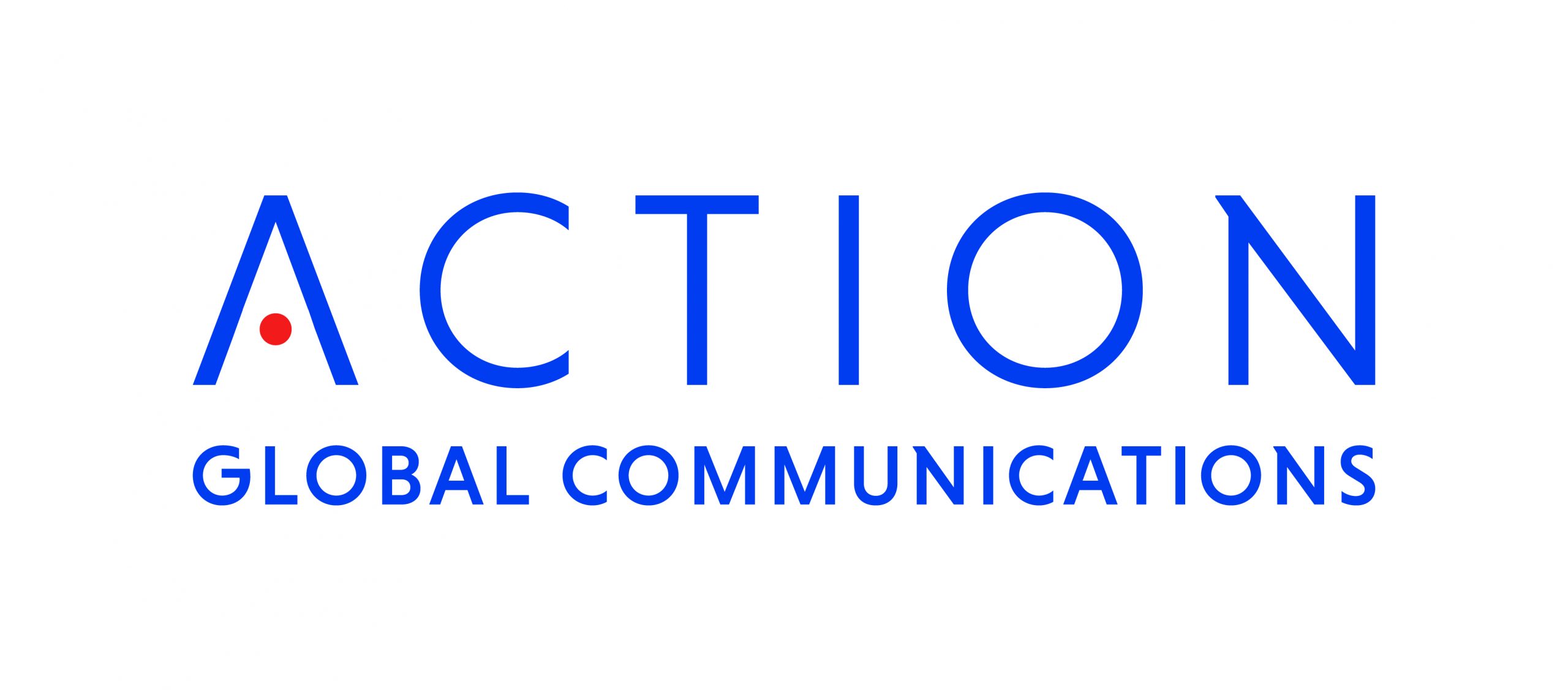



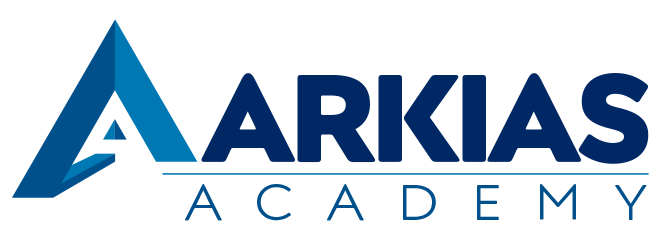







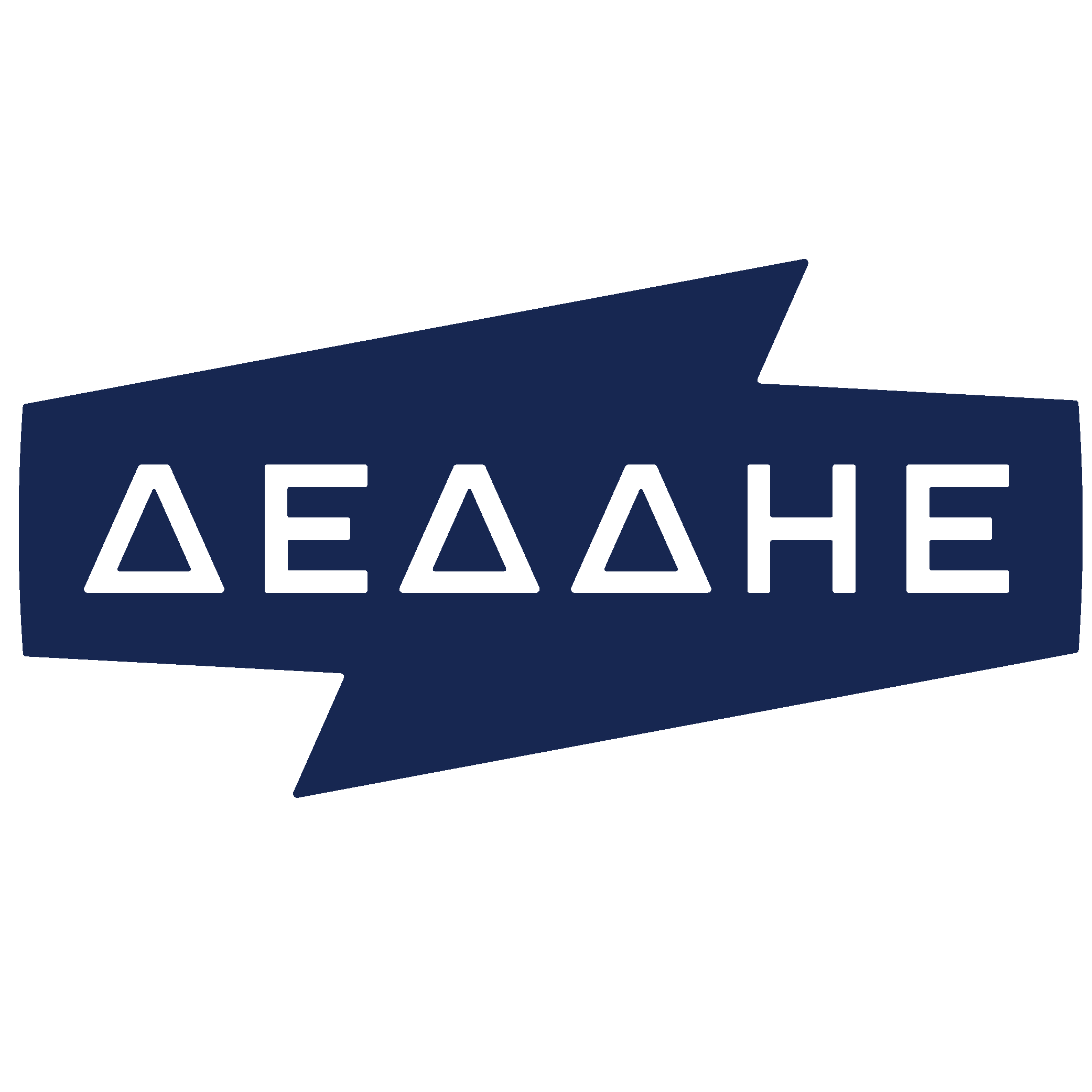
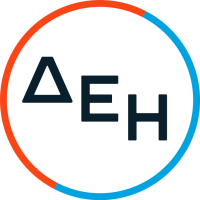
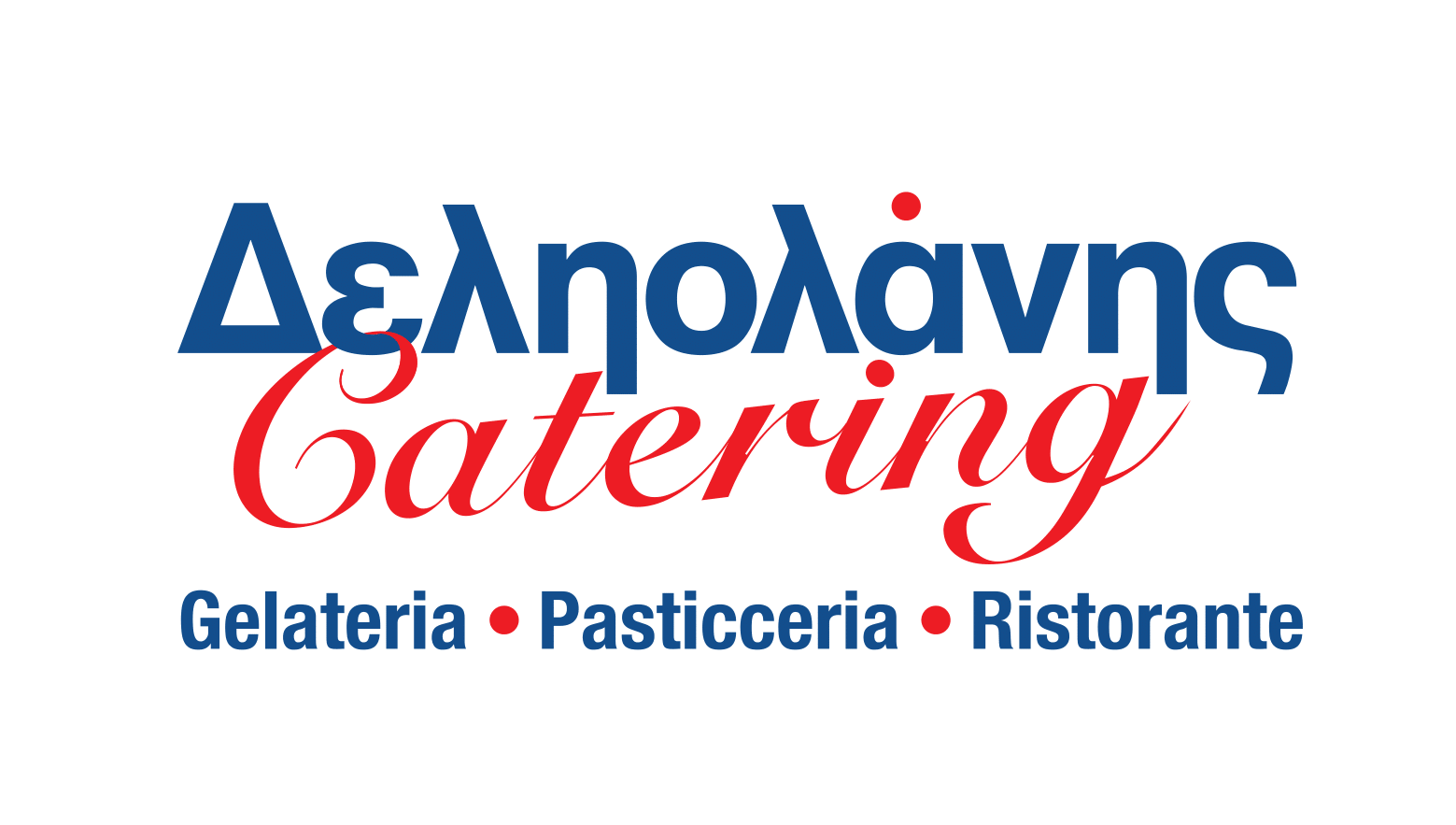




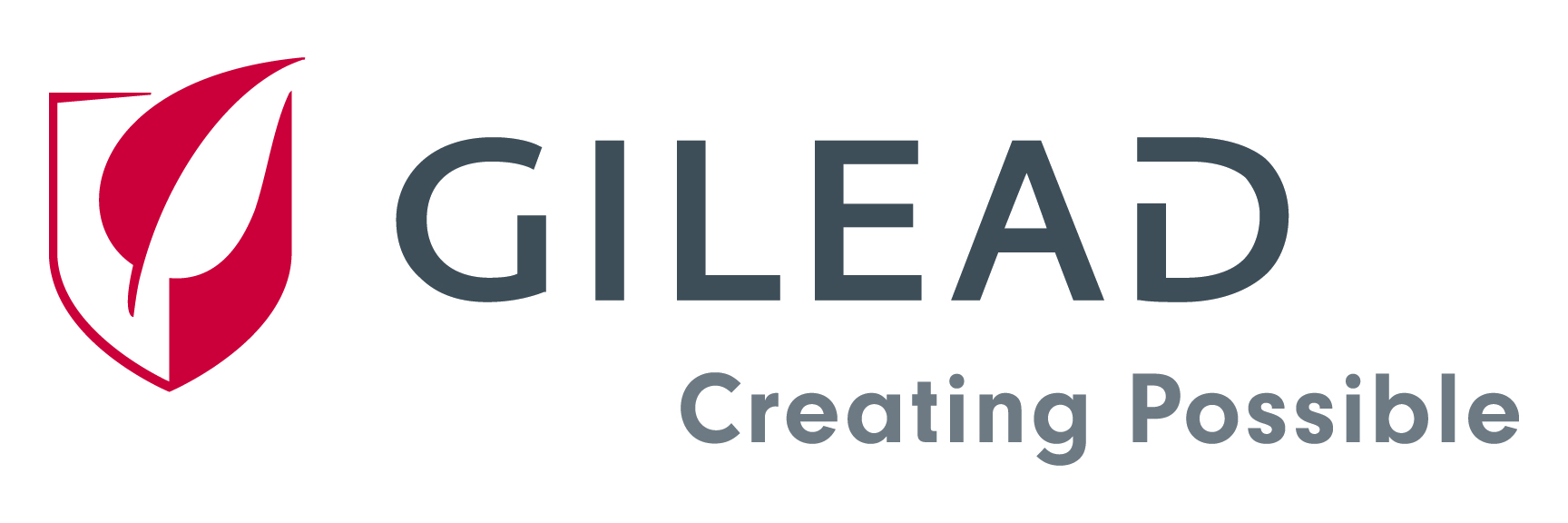



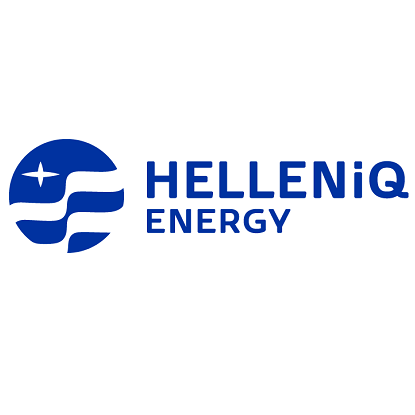

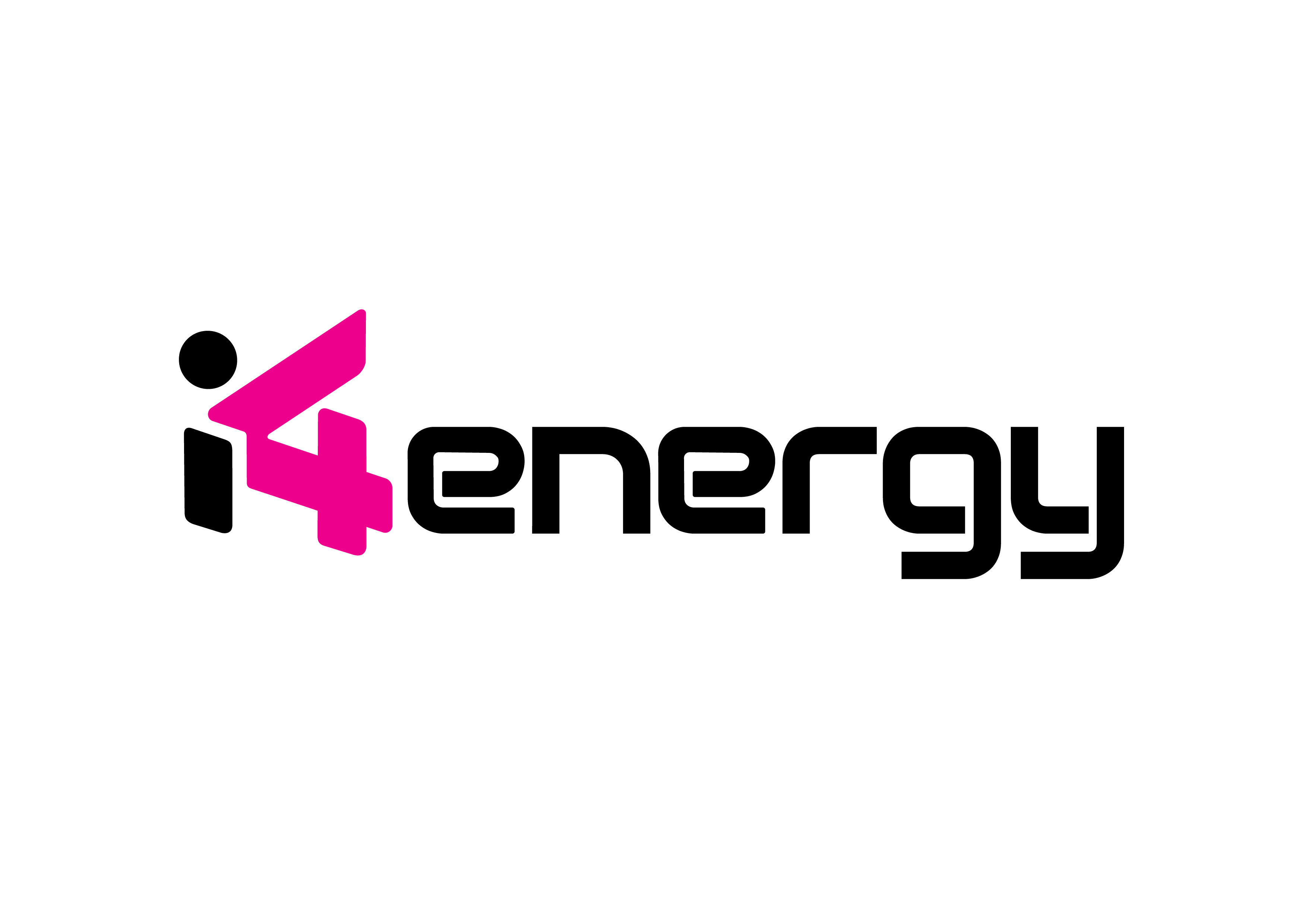

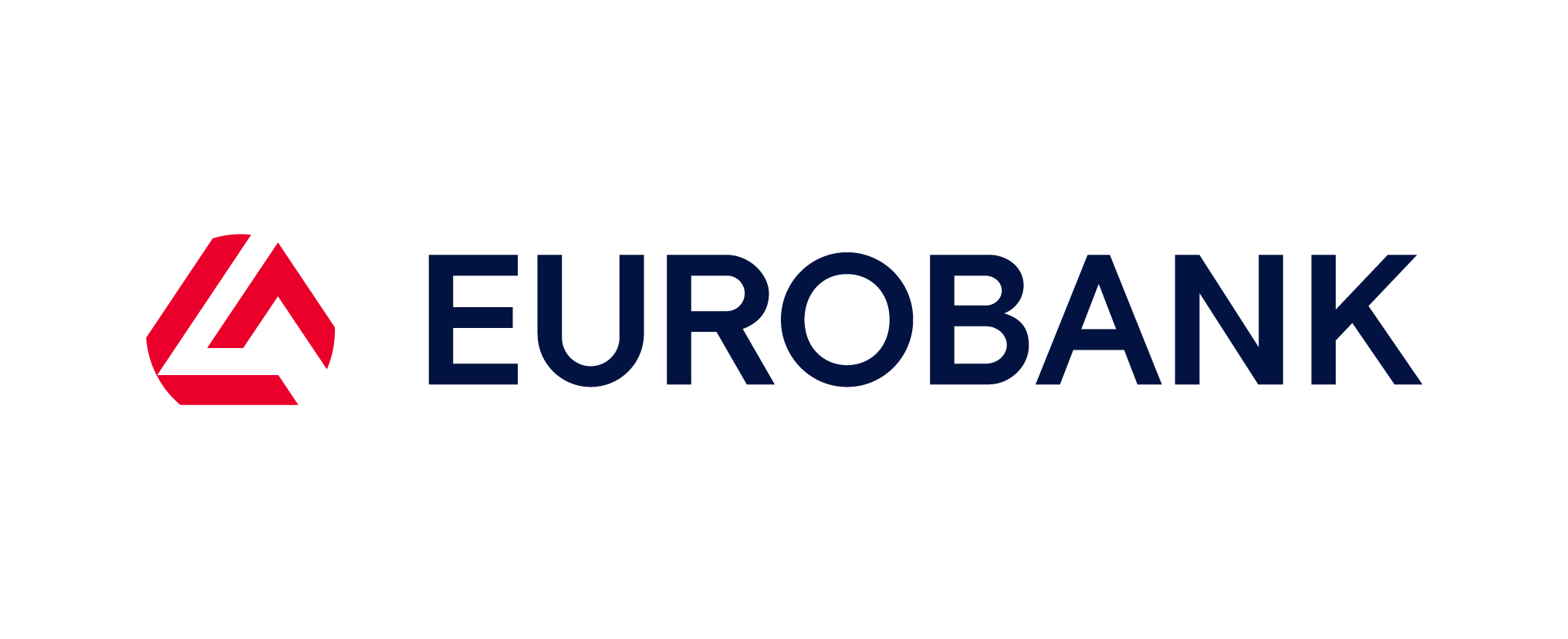

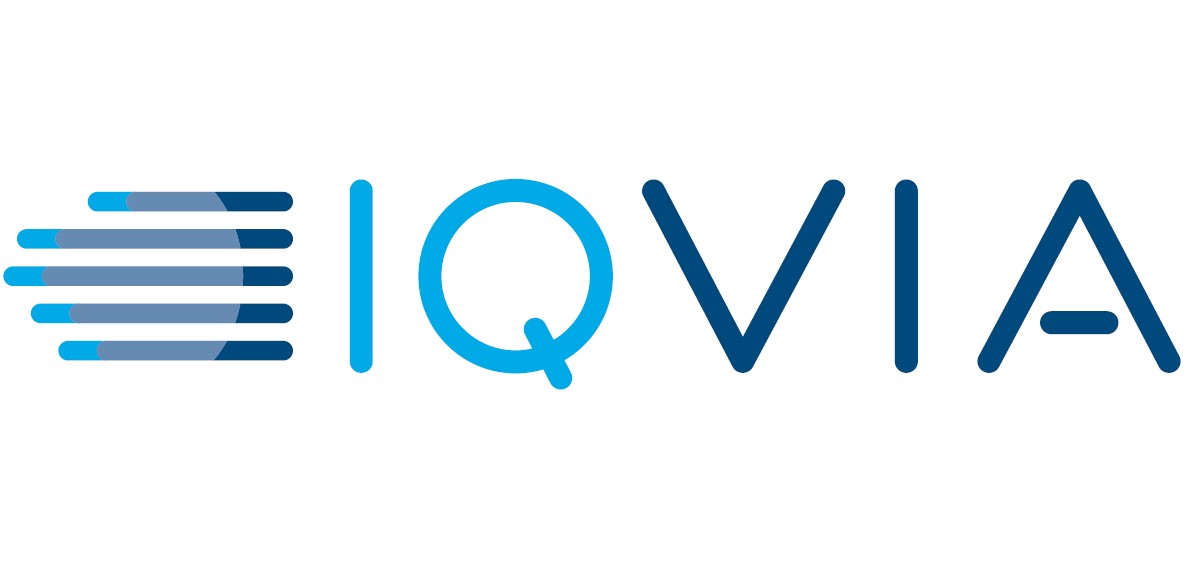



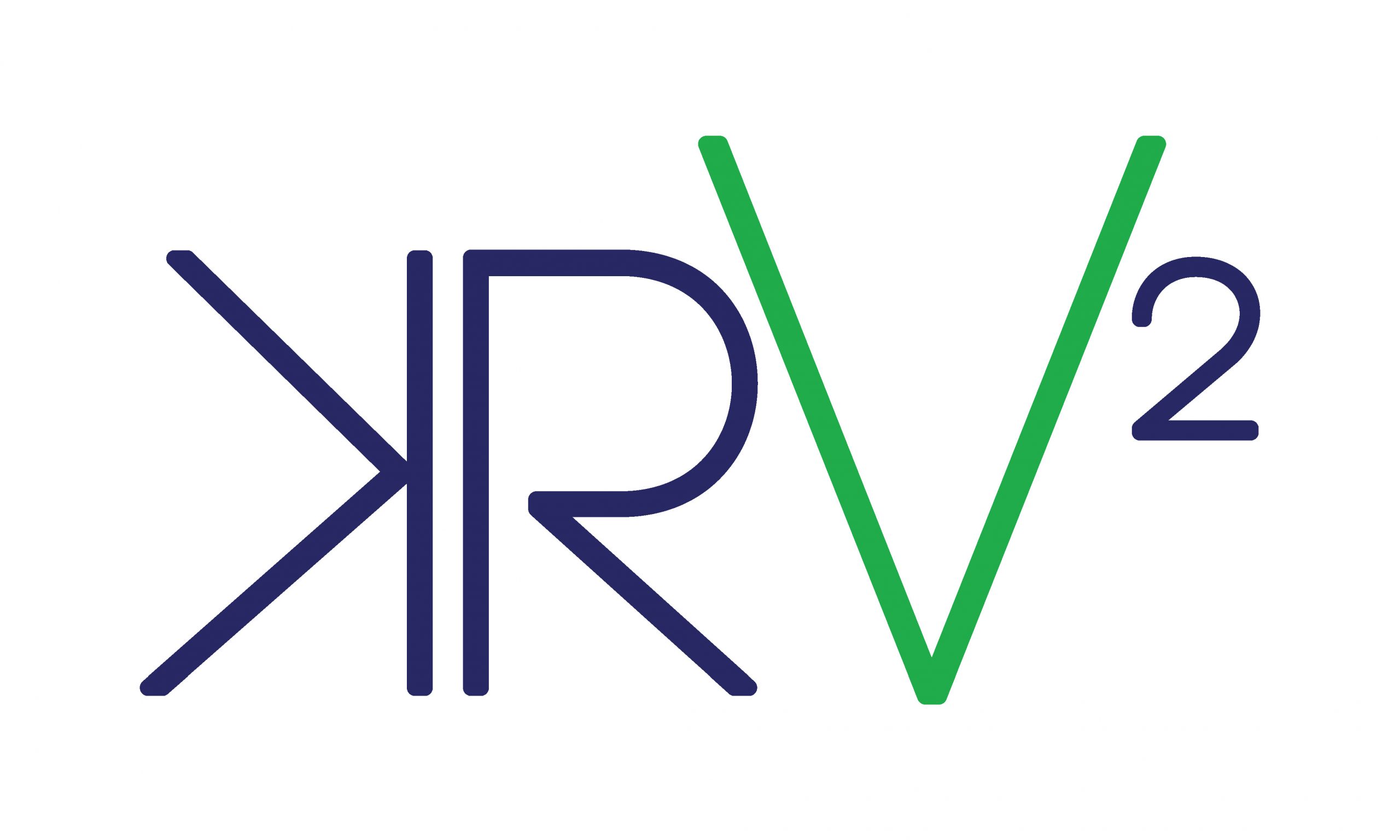

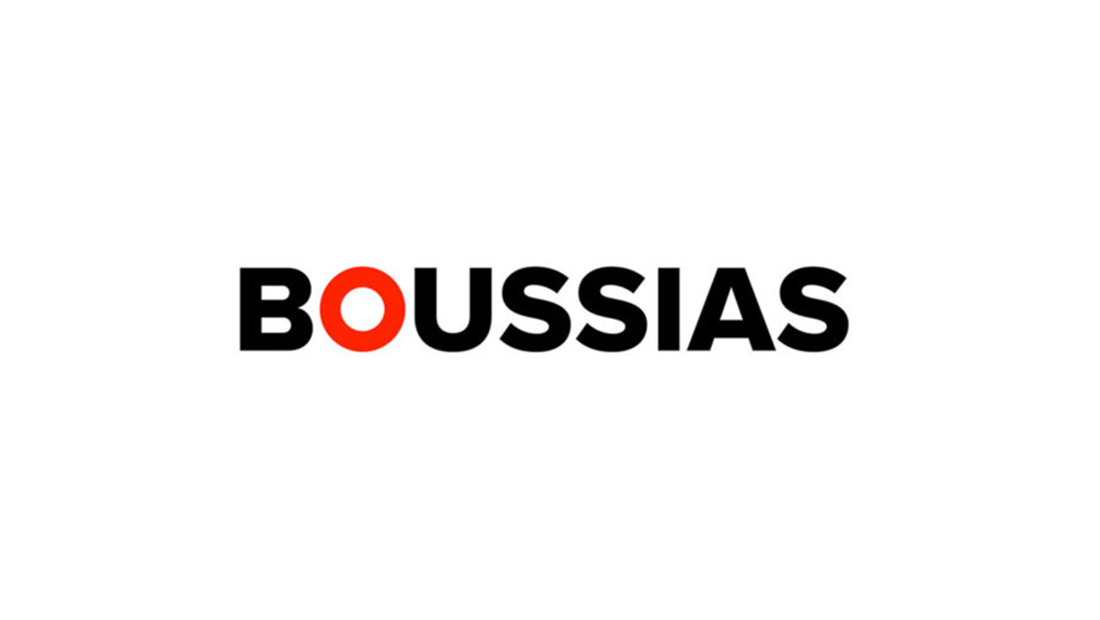
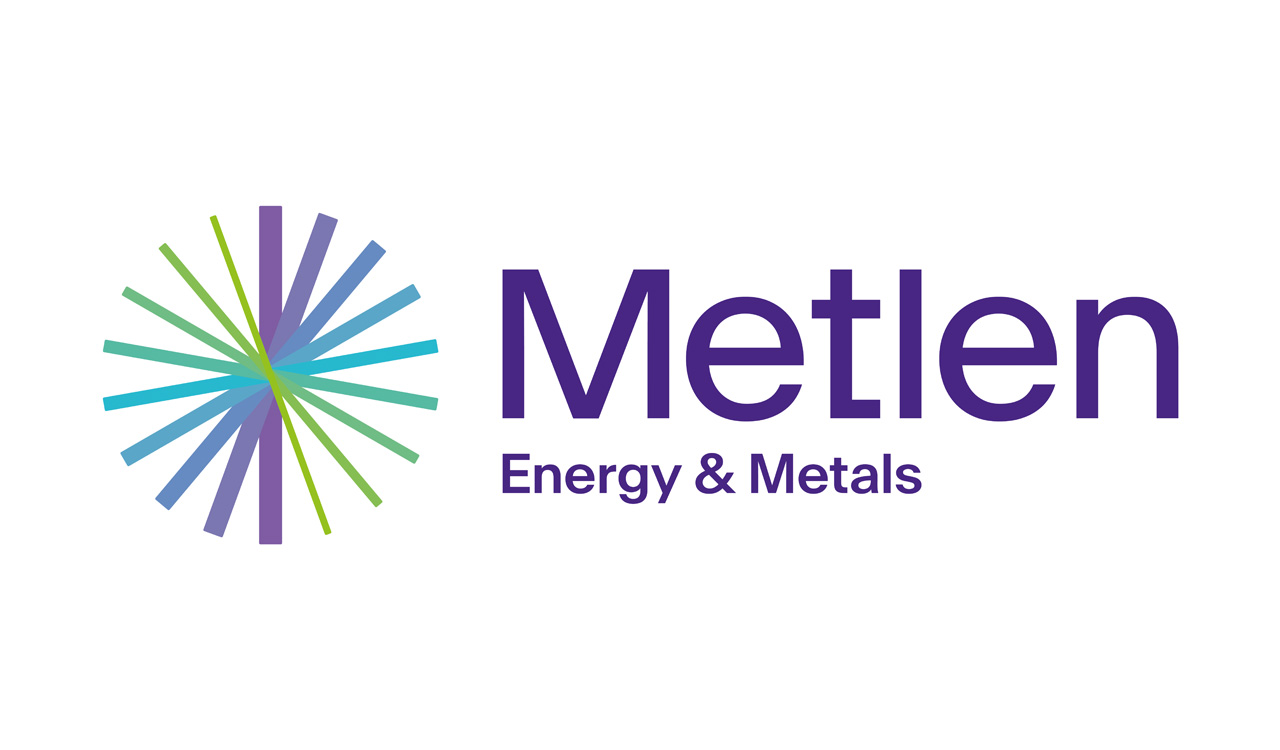


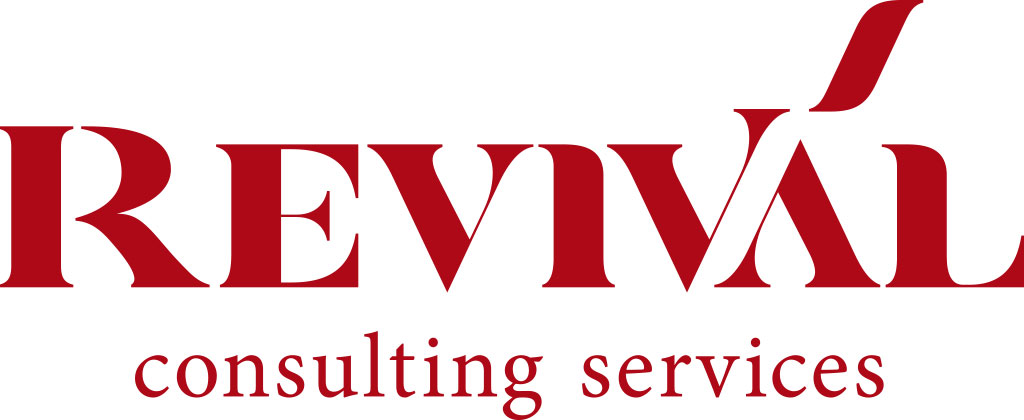
1.jpg)

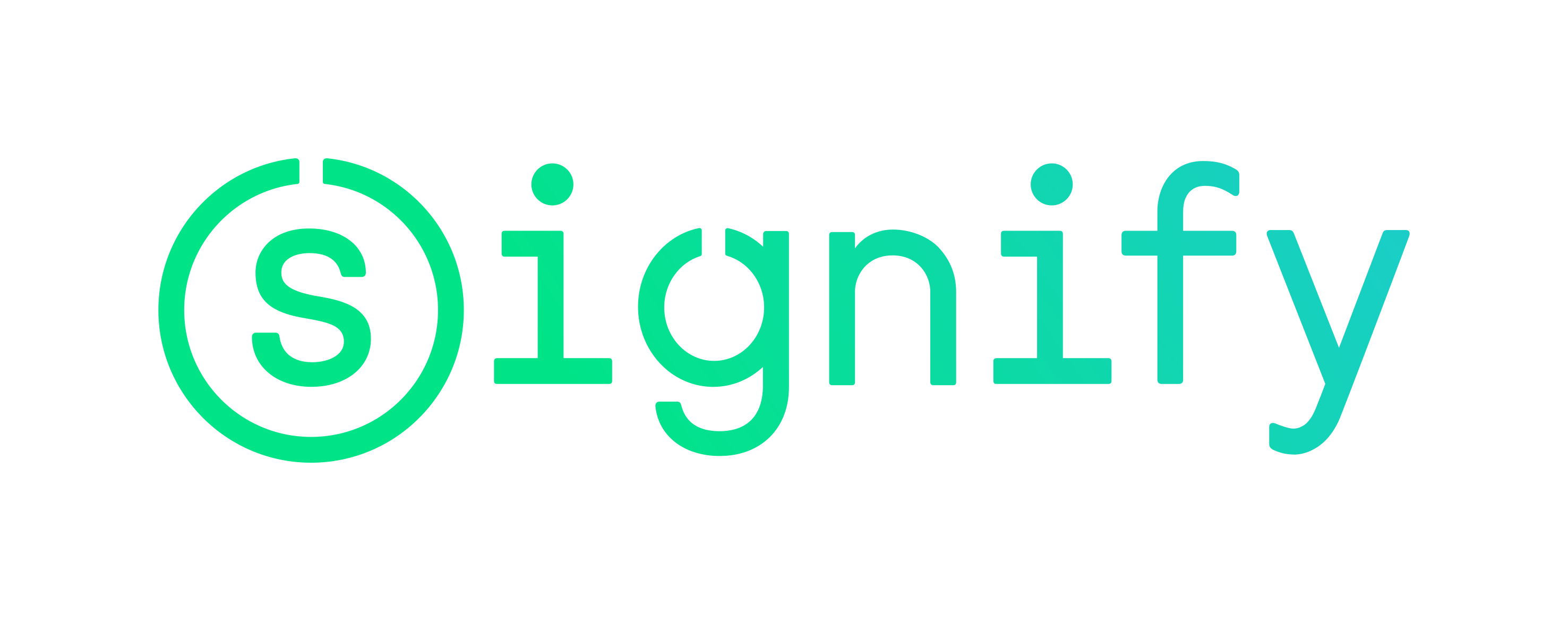



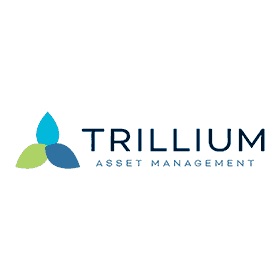
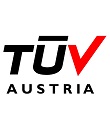
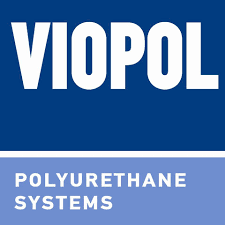

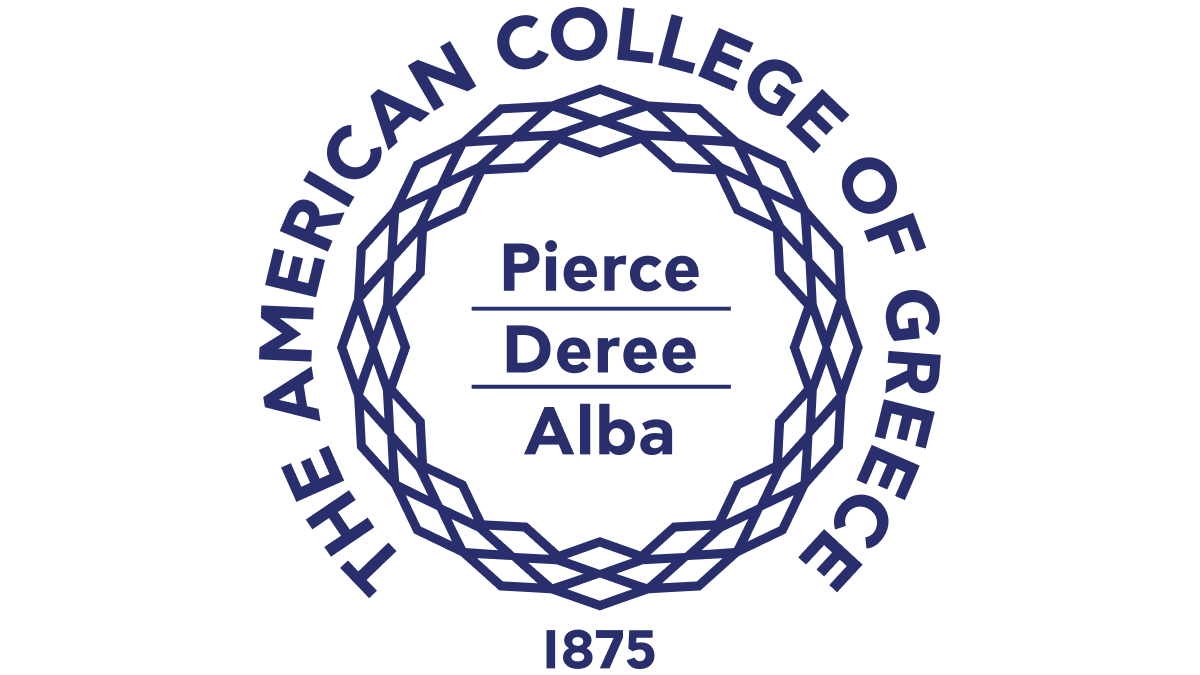




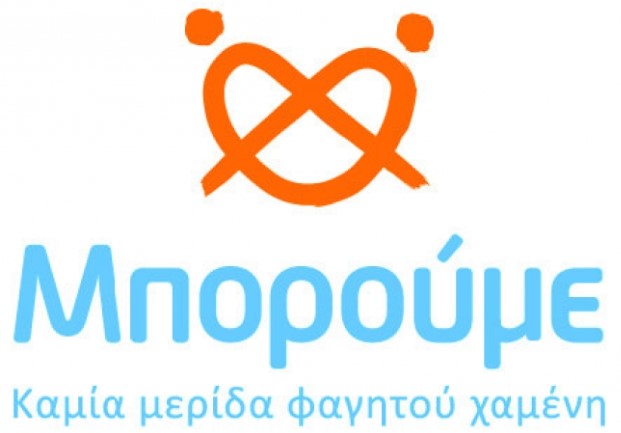
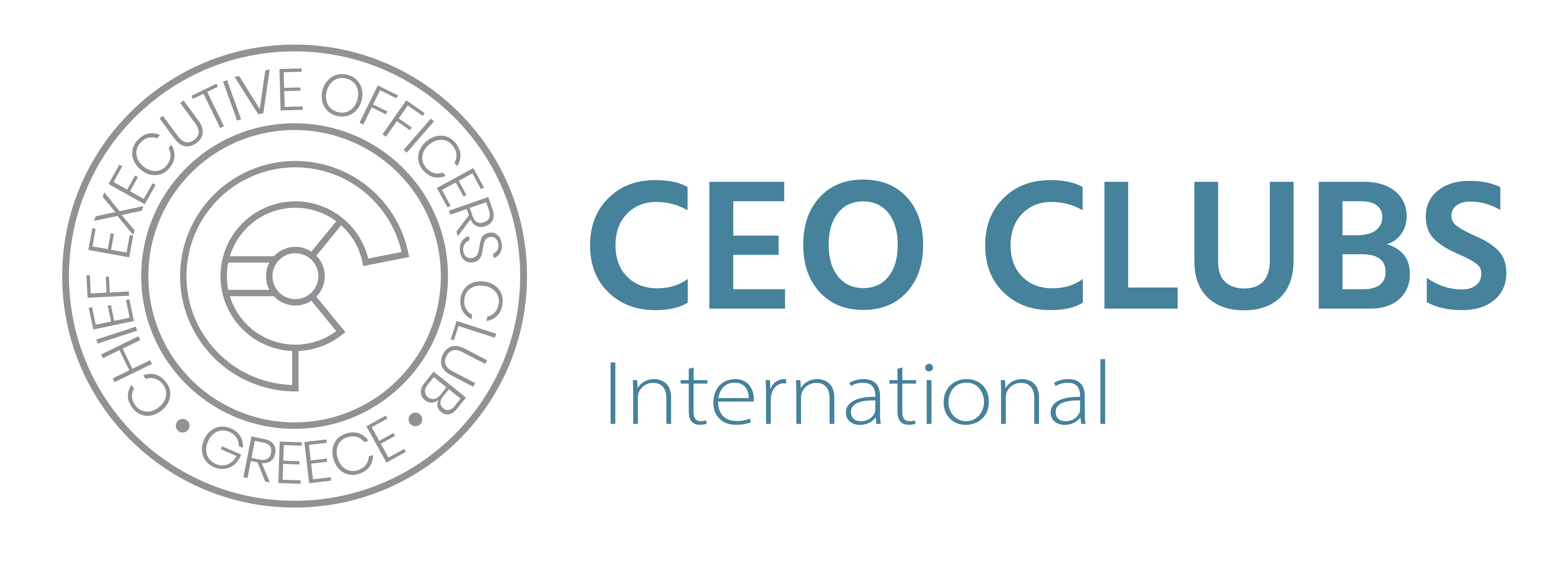



.jpg)
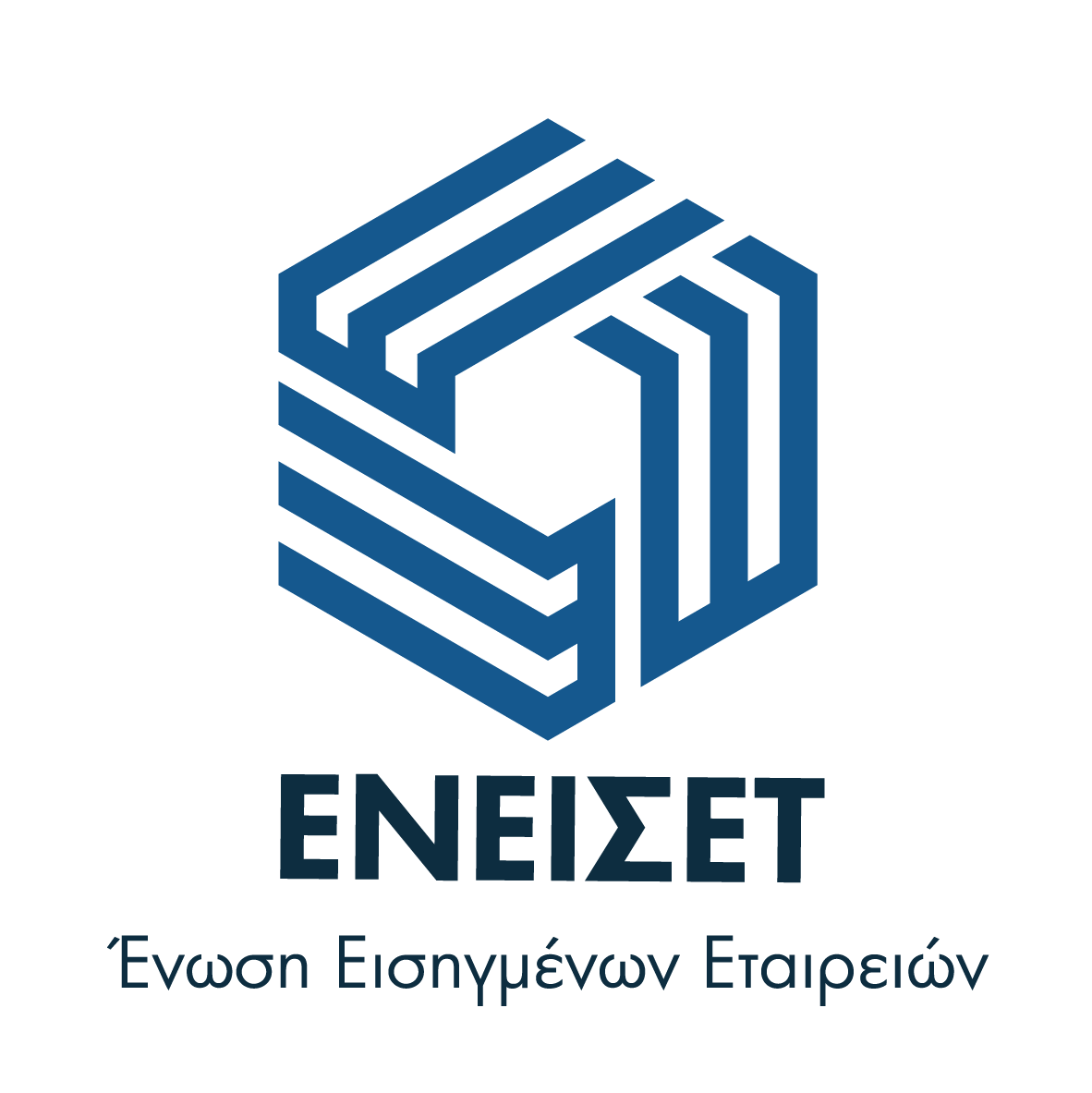

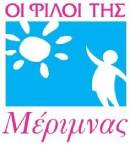

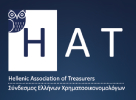
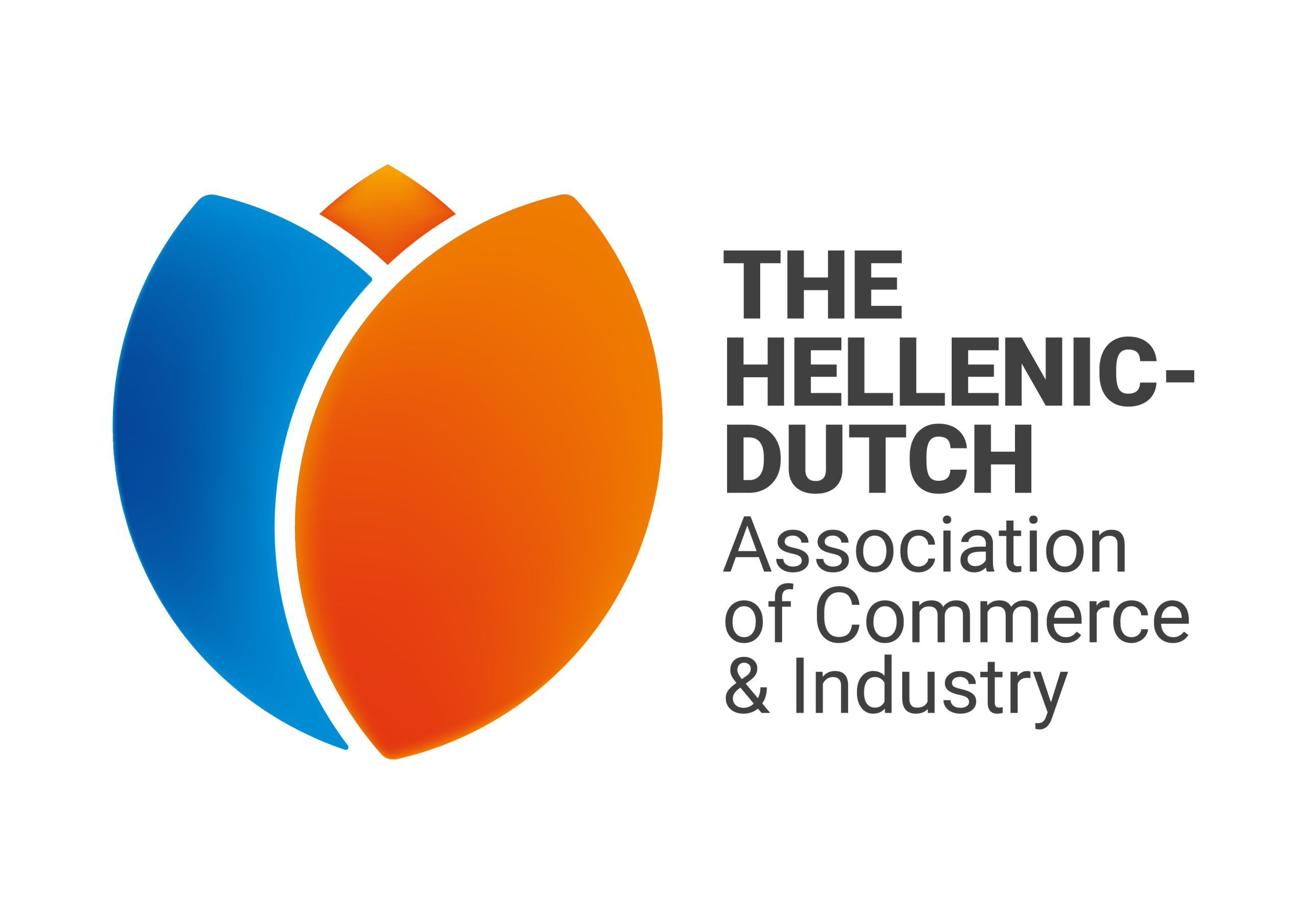
.jpg)



_.jpg)
.jpg)





